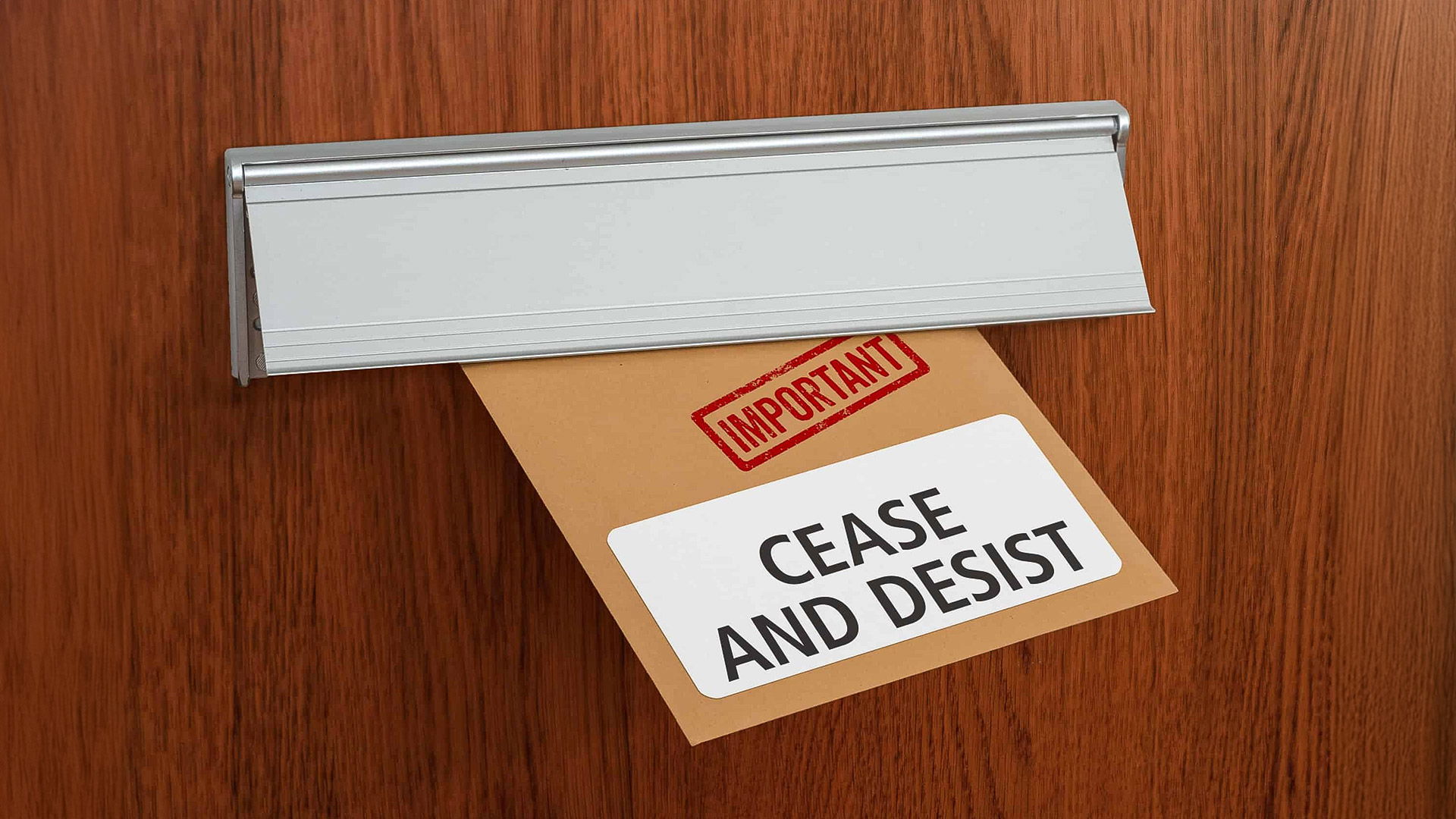France delays online casino legalization amid resistance from physical casinos, gambling addiction advocates

The French government has put plans to legalize online casinos on hold following opposition from the country’s physical casino industry and organizations concerned about gambling addiction.
France remains one of only two European Union countries, alongside Cyprus, to prohibit online casinos. Despite this, an estimated three million French residents engaged in online gambling in 2023 through offshore platforms, according to the Autorité Nationale des Jeux (ANJ).
The government has projected that authorizing online casinos could generate €1 billion ($1 billion) annually in tax revenue and provide better oversight of gambling, including mechanisms to identify and assist individuals showing signs of addiction.
However, Casinos de France, a trade association representing the nation’s 200 physical casinos, argues that legalization would severely impact its industry, potentially reducing revenues by 20% to 30% and forcing around a third of casinos to close. Such closures, the association warns, could result in the loss of 15,000 jobs and a major reduction in tax contributions.
Casinos de France has advocated for any online gambling licenses to be restricted to operators of physical casinos in the country. Physical casinos account for €2.7 billion ($2.76 billion) of the €13.4 billion ($13.6 billion) in pre-tax profits generated by legally run gambling activities in 2023.
Additional gambling options include the state-regulated Pari Mutuel Urbain (PMU), primarily focused on horse racing, and the French Loto, which was privatized and now allows online participation for players in France and Monaco.
The French Loto saw €21 billion ($21.45 billion) in bets in 2023, with €14.5 billion ($14.8 billion) returned as winnings. Of the remaining €6.5 billion, €4.2 billion ($4.29 billion) was allocated to taxes and social security.
Meanwhile, the PMU, which has been allowed to operate online since 2010, reported €800 million ($817 million) in net profit after tax last year, with these funds reinvested into horse racing and trotting organizations.
The regulation of gambling in France has evolved over time. Casinos were initially limited to tourist towns and spa resorts, with a 1919 ban preventing casino operations within 100 kilometers of Paris to shield workers from vice. This restriction was later eased for certain spa towns, such as Enghien-les-Bains, which remains a prominent location for gambling near the capital.
A 1988 law allowed the opening of casinos in larger cities without a tourism focus, leading to the current landscape of 200 casinos. These range from opulent establishments to more utilitarian venues like the large casino in Bordeaux, housed in a warehouse-style building.
Online gambling, while limited, is not new to France. The privatized Loto began offering online services approximately 15 years ago, and the PMU expanded its online operations in 2010, introducing betting on other sports and online poker.
The government initially aimed to fast-track online casino legislation via a decree, but the plan was withdrawn late last year for further consultation. This pause comes amidst concerns from stakeholders over the potential economic and social impact of online gambling legalization.
















































